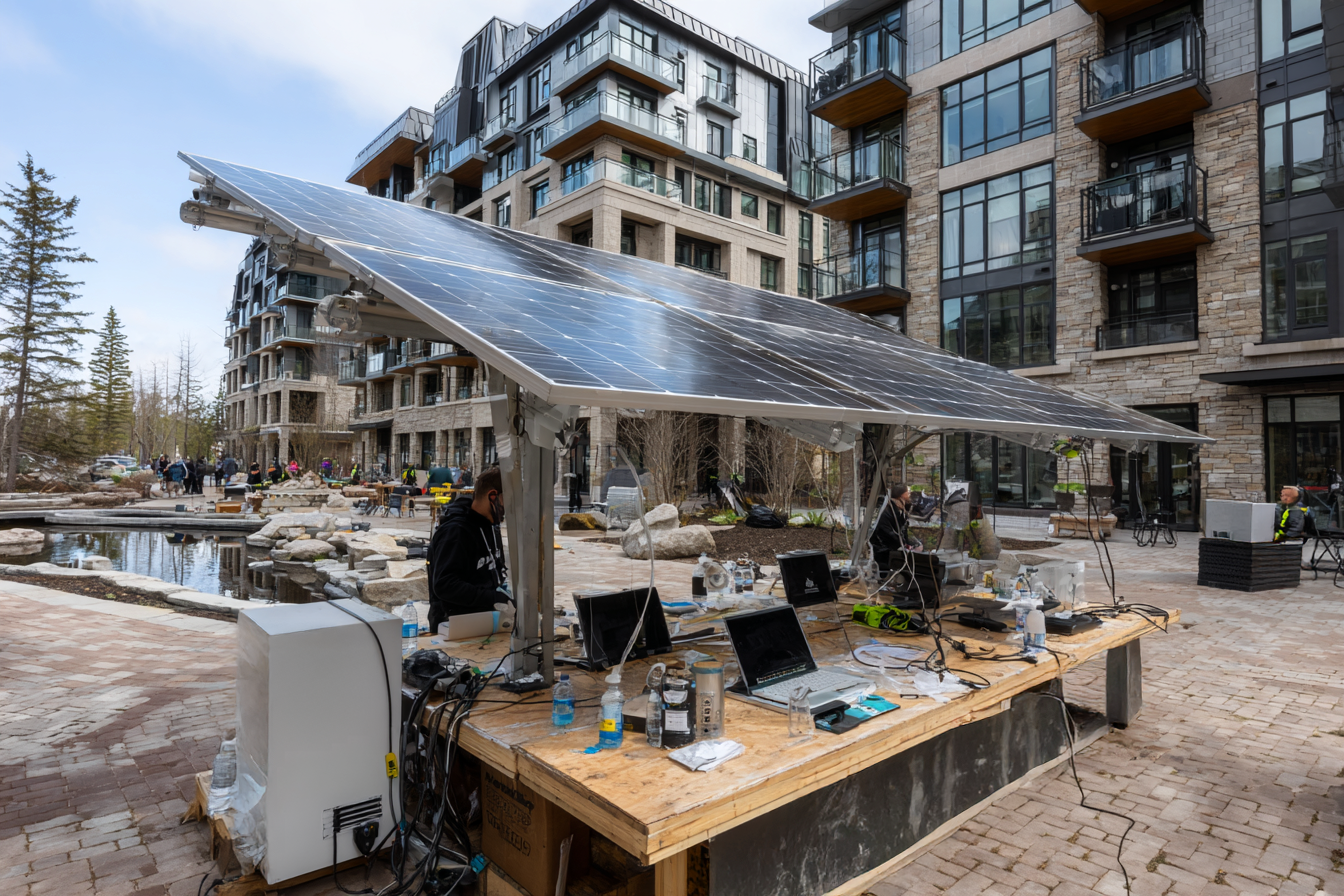
Finding and Partnering with Local NGOs for Net-Zero Impact
Introduction
Driving net-zero progress isn’t something municipalities or companies can do alone.
Partnering with local NGOs brings community connections, specialized expertise, and grassroots trust—ingredients essential to scaling clean energy initiatives successfully.
But finding and engaging the right NGO partner can feel overwhelming.
This post offers a practical guide to identifying, approaching, and sustaining partnerships with community organizations focused on clean energy.
Whether you’re launching a retrofit program, community solar project, or energy education campaign, these strategies will help you build strong, impactful collaborations.
Define Your Partnership Needs Clearly
Before reaching out, be clear about what you want from a partnership:
- Community outreach and engagement support
- Technical expertise or program delivery
- Policy advocacy and public education
- Co-designing programs or events
Tip:
Understanding your goals helps you target organizations best suited to collaborate.
Explore Regional Ally Networks and Directories
Several Canadian networks map clean energy allies to help you find local partners:
- Efficiency Canada Ally Network: A searchable directory of 120+ organizations including NGOs, housing providers, co-ops, and Indigenous groups across provinces.
- Green Municipal Fund Partner Directory: Lists past collaborators involved in community energy and retrofit projects.
- Clean Energy Canada Partner Map: Highlights campaign-focused and grassroots organizations.
- Indigenous Clean Energy (ICE) Network: Essential for projects involving Indigenous communities.
Approach NGOs Thoughtfully and Collaboratively
NGOs often have limited resources. Effective outreach involves:
- Personalizing your message: Show understanding of their mission and work
- Inviting dialogue instead of pitching: “We want to learn how we can work together”
- Emphasizing mutual benefits and shared goals
- Being flexible about roles and timelines
Tip:
Avoid cold requests focused solely on funding or favors.
Formalize Partnerships with Clear Agreements
Once a good fit is found, formalize the collaboration with:
- Memoranda of Understanding (MOUs)
- Letters of support for funding applications
- Regular joint planning sessions
- Defined roles and shared responsibilities
Tip:
Strong partnerships are built on transparency and mutual respect.
Sustain and Grow the Relationship
Successful partnerships last beyond a single project. To maintain momentum:
- Include NGO representatives in advisory or steering committees
- Share training and capacity-building opportunities
- Celebrate successes publicly together
- Explore additional joint projects and funding applications
Conclusion
Partnering with local NGOs is a powerful way to make net-zero programs more inclusive, trusted, and effective.
By defining your needs, leveraging ally networks, and engaging collaboratively, you’ll build partnerships that drive real community impact.